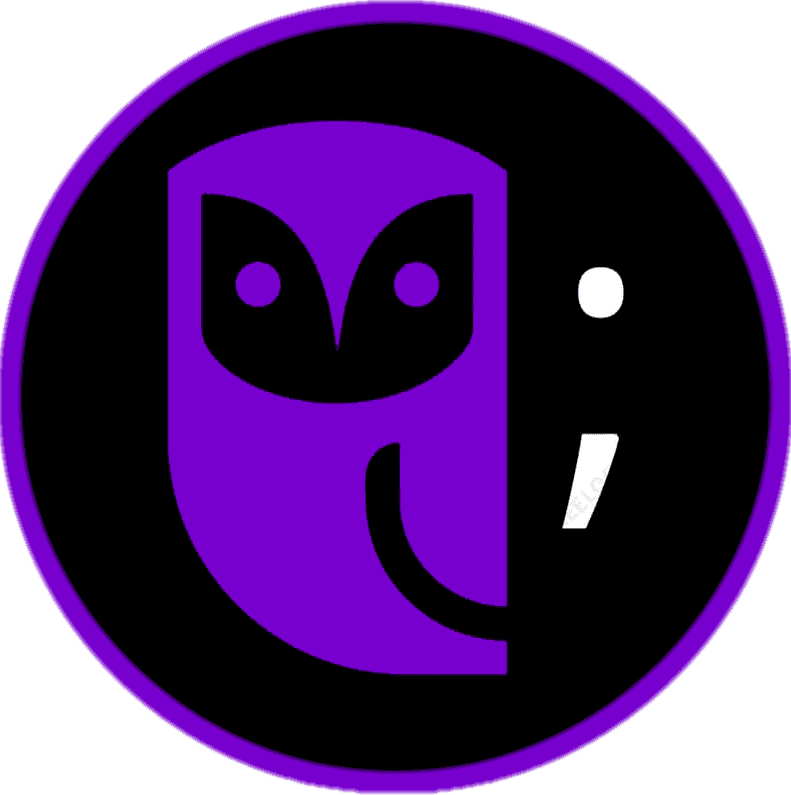DAO: Decentralized Autonomous Organizations Explained
Reading time: 3 minutes
Decentralized Autonomous Organizations (DAOs) are transforming the way organizations are structured and governed. By leveraging blockchain technology and smart contracts, DAOs operate without centralized control, enabling a more democratic and transparent form of organization.
At its core, a DAO is an organization governed by smart contracts on a blockchain. These smart contracts define the rules and execute the agreed-upon decisions of the organization automatically. Unlike traditional organizations that rely on hierarchical structures and central authority, DAOs are managed collectively by their members, with decisions made through consensus mechanisms.

One of the key features of DAOs is decentralization. In a traditional organization, decision-making power is typically concentrated in the hands of a few individuals or a board of directors. In contrast, a DAO distributes power among all its members, who can propose and vote on initiatives. This ensures that every member has a voice in the organization’s operations, fostering a more inclusive and participatory environment.
Transparency is another significant advantage of DAOs. All transactions and decisions are recorded on a public blockchain, providing an immutable and transparent record that anyone can verify. This level of transparency resembles the accountability challenges in other autonomous technologies, such as autonomous vehicles, where safety and ethical governance are increasingly under scrutiny.
DAOs also offer a high degree of automation. Smart contracts execute decisions automatically once the predefined conditions are met, eliminating the need for intermediaries and reducing operational costs. This efficiency allows DAOs to operate at a global scale, with members participating from anywhere in the world.
However, DAOs are not without challenges. The complexity of smart contracts can lead to coding errors or vulnerabilities that could be exploited. Additionally, the regulatory environment for DAOs is still evolving, with legal recognition and compliance posing potential hurdles.
In conclusion, decentralized autonomous organizations explained represent a new paradigm in organizational structure, offering decentralized, transparent, and automated governance. As blockchain technology continues to advance and regulatory frameworks develop, DAOs have the potential to revolutionize how organizations are formed and managed. They also play a significant role in the broader movement of decentralized finance shaping the future of banking, paving the way for a more democratic and efficient financial ecosystem.Discover what Owltek Solutions has to say about the transformative potential of Web 3.0 and how it’s shaping the future of the internet.
**This post contains affiliate links, meaning I may earn a small commission if you make a purchase through one of them. Rest assured, I only recommend products I truly love. Your support helps keep my creative business thriving — thank you!**
